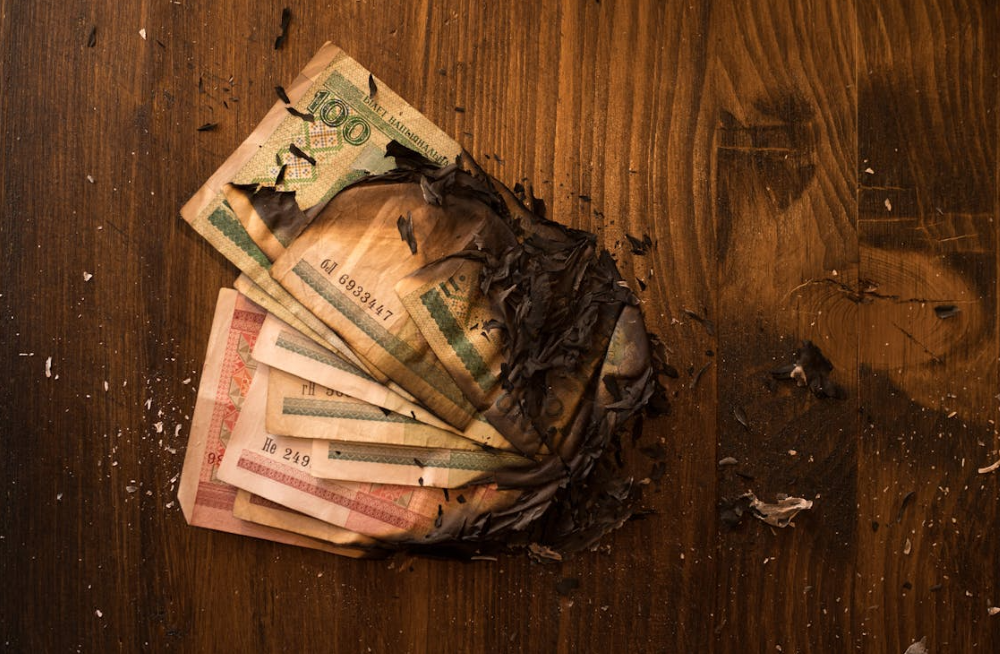We all try to strive for financial stability, but many of us tend to spend our money on unnecessaries. And although those small indulgences tend to bring temporary comfort or joy, when they become routine, they gnaw at the edges of our financial well-being. Imagine reallocating that money to more meaningful investments that will, over time, grow in order for wealth and security to come about. Here’s where you might be frittering away money in your daily life—and how you can channel those funds toward a more prosperous future.
Subscription Overload
From subscription streaming services to monthly delivery boxes, subscriptions add up fast. Surveys indicate that subscribers have no idea of how much they are spending monthly in and out on services that they seldom use. For example, a high-end gym membership might sound good, but it falls short of expectations while using the facility once a month. Consider consolidating subscriptions or moving to on-demand purchases. And by removing even just one $20 monthly service, you save $240 annually toward a high-interest savings account or your retirement fund.
Dining Out Too Much
We all know dining out can be expensive, but it is so easy to lose track of just how much we are spending. An occasional, indulgent meal is one thing, but daily runs for coffee or weekly takeout dinners can quietly drain your budget. When broken down, preparing meals at home can cut your food expenses in half. If cooking is not your favourite thing, try a meal prep once a week or quick recipes that will save you both time and money.
Impulse Buying and Retail Therapy
Impulse buying has become dangerously convenient with online shopping. Many people retail-therapy shop to get that good immediate kick of dopamine. This can add up significantly over time. One way to combat this is by setting a “cooling-off” period for non-essential purchases. If you see something you want, cool off for one week. Often, the desire fades, saving both money and clutter.
Overpaying for Housing
Housing usually tends to be the biggest expense each month, but overpaying for space or amenities not really needed will eventually drain your wallet. Making use of tenant representation services for example can negotiate on behalf of their client for maximum space and value. This way, you will not overpay and will be in compliance with your financial objectives.
Bank Fees and Credit Card Interest
Monthly fees, overdraft charges, and high-interest credit card debt can be silent wealth killers. Most do not recognize or realise the silent killing with its accumulation over time. Switching to a no-fee bank or going onto a cashback credit card while making full-balanced payments will save hundreds annually. Consider using those savings for opening a tax-free savings account or investing it in a low-cost index fund, where they can appreciate instead of depreciating.
Upgrading Too Often
Today messages bombard and almost command us to upgrade to the latest technology or fashion trends; it’s seemingly a necessity. Avoid upgrading unless there is an actual need, and channel the savings toward experiences, education, or investment opportunities that stand to improve your life in very meaningful ways.
Locate and slash all these “invisible” expenses that free up money for investments, which yield future growth instead of temporary satisfaction. This might be a mind-shift, allowing room for a more secure and prosperous future.
